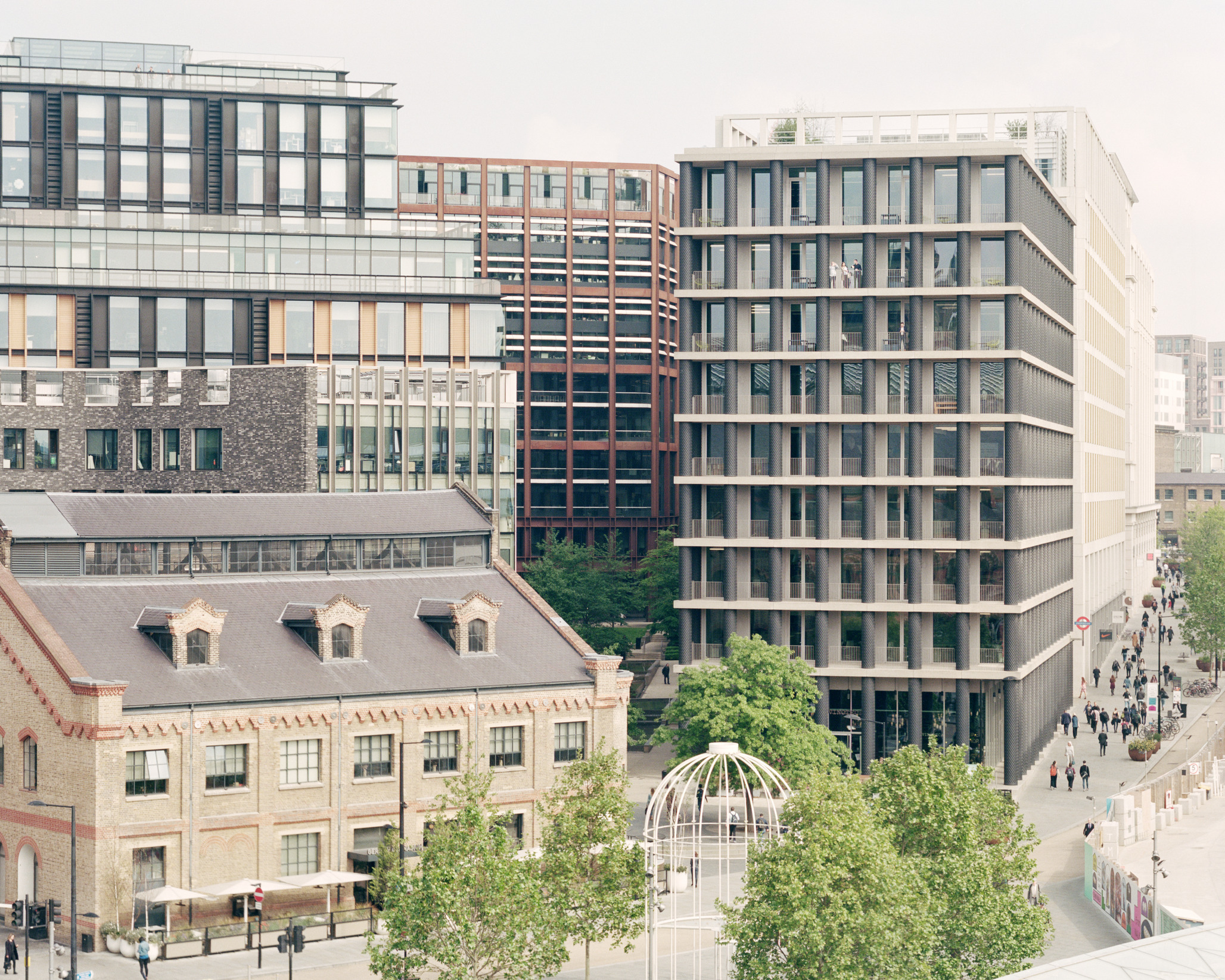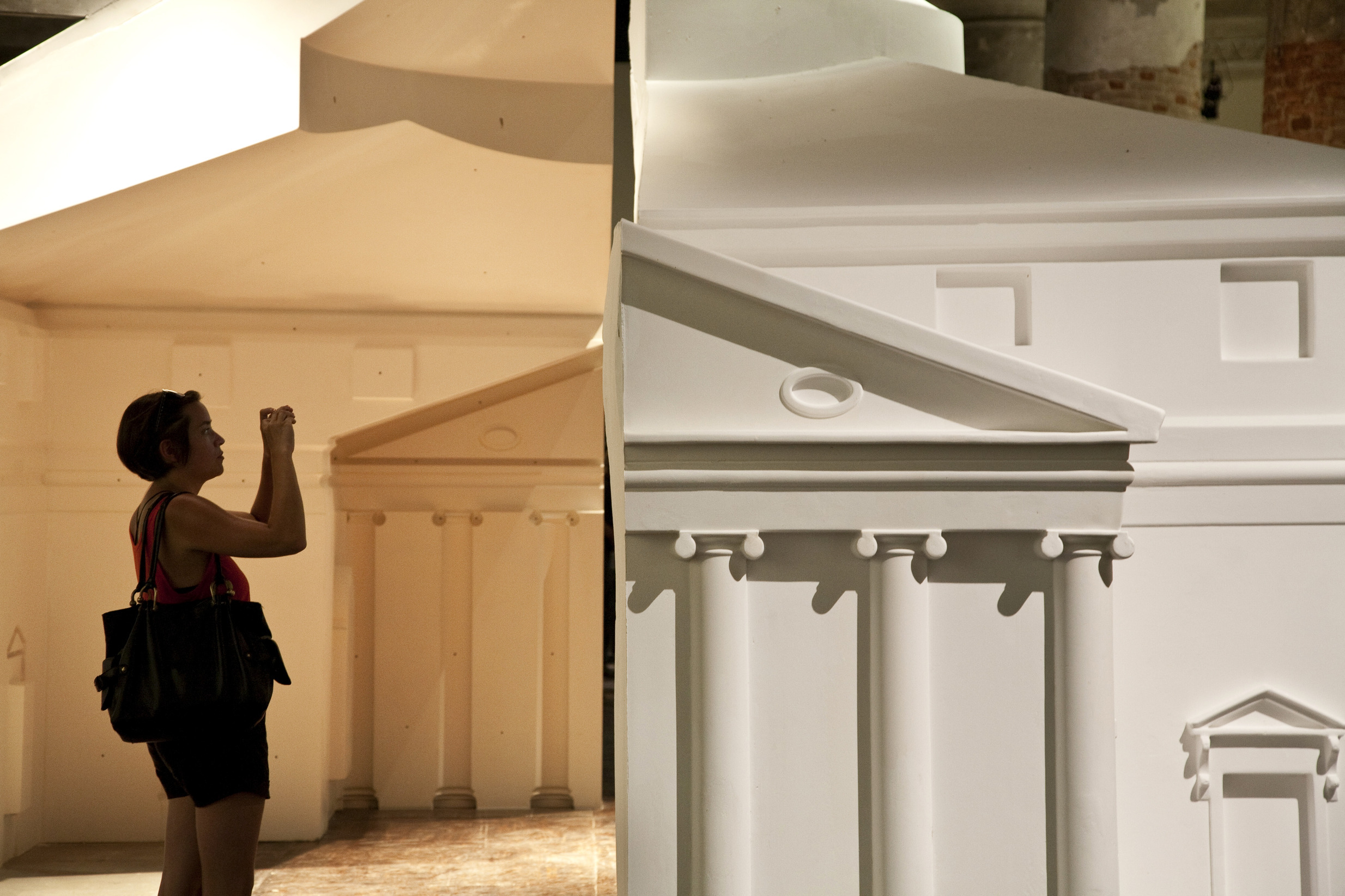Saturday Letters, The Guardian, 22 March 2014
While I am not sure that garden cities are the answer to our housing shortage, the chancellor's recent announcement for a "real garden city" to be built in Ebbsfleet contains, at least, a vestige of possibly unintentional vision.
Inexplicably, our housing shortage is normally discussed only as a problem of logistics and delivery. When did we relinquish the ambition to build new communities and resort, instead, to speaking only of housing numbers?
The largely unpopular (but not always unsuccessful) post-war attempts at co-ordinated and planned housing estates seem to have convinced us that such desires are futile, playing into the hands of housebuilders, who are given license to deliver their market-friendly but socially and environmentally disastrous product: acres of cul-de-sac estates devoid of any notion of the collective potential to organise housing in a meaningful manner.
Delivering housing should be different to delivering cars or washing machines, since the manner by which you place houses together has the possibility of creating not only streets and squares, but also the potential to create a meaningful sense of place and community.
Such opportunities and possibilities used to captivate our imagination and focus our ideas of society. When did we resign ourselves to talking about society without striving to give it shape? Do we have to wait for our next Olympics in order to give rhetoric and idea a physical form by co-ordinating resources in the name of something beyond what can be justified solely in practical and logistical terms?
We are building the physical world for future generations, whether we accept the responsibility or not. By default, we plan our cities and towns primarily as a response and a reaction to pressures. By calling our planners "development control officers", we confess our retreat from the position that it might be possible to do anything meaningful. Instead, our poor planners are left to man the barricades of mediocrity, charged with preventing the worst from happening.
When did we decide that beautiful towns and cities were a thing of the past? Or do we really believe that can be built without planning them, by allowing the market to deliver them? Why would free enterprise insist on a park or a square, on a kindergarten or a playground, on a public swimming pool or any other non-commercial element in a situation that does not offer the incentive of financial gain?
The creation of large amounts of housing, similar in number to those required after the war, forces us to confront this problem seriously, not as an issue only of numbers and volume, but as a representation of social priorities and civic pride. Providing fast trains and new airports might be essential, but taking care of our built world, providing good homes and shaping the meaningful physical environment that nurtures communities must be just as important for the soul and spirit of the nation.
The chancellor's plan for Ebbsfleet may well make good commercial and practical sense, but if we do not take such opportunities to lead with ideas and a vision of how to create community, then we will have squandered the chance to show that there are other considerations when building housing beyond commercial pressures or political expediency.
David Chipperfield
The Guardian March 2014



